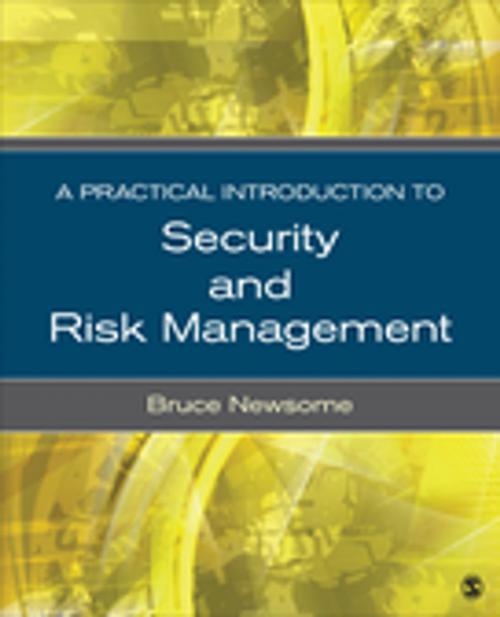A Practical Introduction to Security and Risk Management
Nonfiction, Social & Cultural Studies, Political Science, International, International Security, Social Science, Crimes & Criminals, Criminology| Author: | Bruce Oliver Newsome | ISBN: | 9781483324852 |
| Publisher: | SAGE Publications | Publication: | October 15, 2013 |
| Imprint: | SAGE Publications, Inc | Language: | English |
| Author: | Bruce Oliver Newsome |
| ISBN: | 9781483324852 |
| Publisher: | SAGE Publications |
| Publication: | October 15, 2013 |
| Imprint: | SAGE Publications, Inc |
| Language: | English |
A Practical Introduction to Security and Risk Management is the first book to introduce the full spectrum of security and risks and their management. Author and field expert Bruce Newsome helps readers learn how to understand, analyze, assess, control, and generally manage security and risks from the personal to the operational. They will develop the practical knowledge and skills they need, including analytical skills, basic mathematical methods for calculating risk in different ways, and more artistic skills in making judgments and decisions about which risks to control and how to control them.
Organized into 16 brief chapters, the book shows readers how to: analyze security and risk; identify the sources of risk (including hazards, threats, and contributors); analyze exposure and vulnerability; assess uncertainty and probability; develop an organization’s culture, structure, and processes congruent with better security and risk management; choose different strategies for managing risks; communicate and review; and manage security in the key domains of operations, logistics, physical sites, information, communications, cyberspace, transport, and personal levels.
A Practical Introduction to Security and Risk Management is the first book to introduce the full spectrum of security and risks and their management. Author and field expert Bruce Newsome helps readers learn how to understand, analyze, assess, control, and generally manage security and risks from the personal to the operational. They will develop the practical knowledge and skills they need, including analytical skills, basic mathematical methods for calculating risk in different ways, and more artistic skills in making judgments and decisions about which risks to control and how to control them.
Organized into 16 brief chapters, the book shows readers how to: analyze security and risk; identify the sources of risk (including hazards, threats, and contributors); analyze exposure and vulnerability; assess uncertainty and probability; develop an organization’s culture, structure, and processes congruent with better security and risk management; choose different strategies for managing risks; communicate and review; and manage security in the key domains of operations, logistics, physical sites, information, communications, cyberspace, transport, and personal levels.















